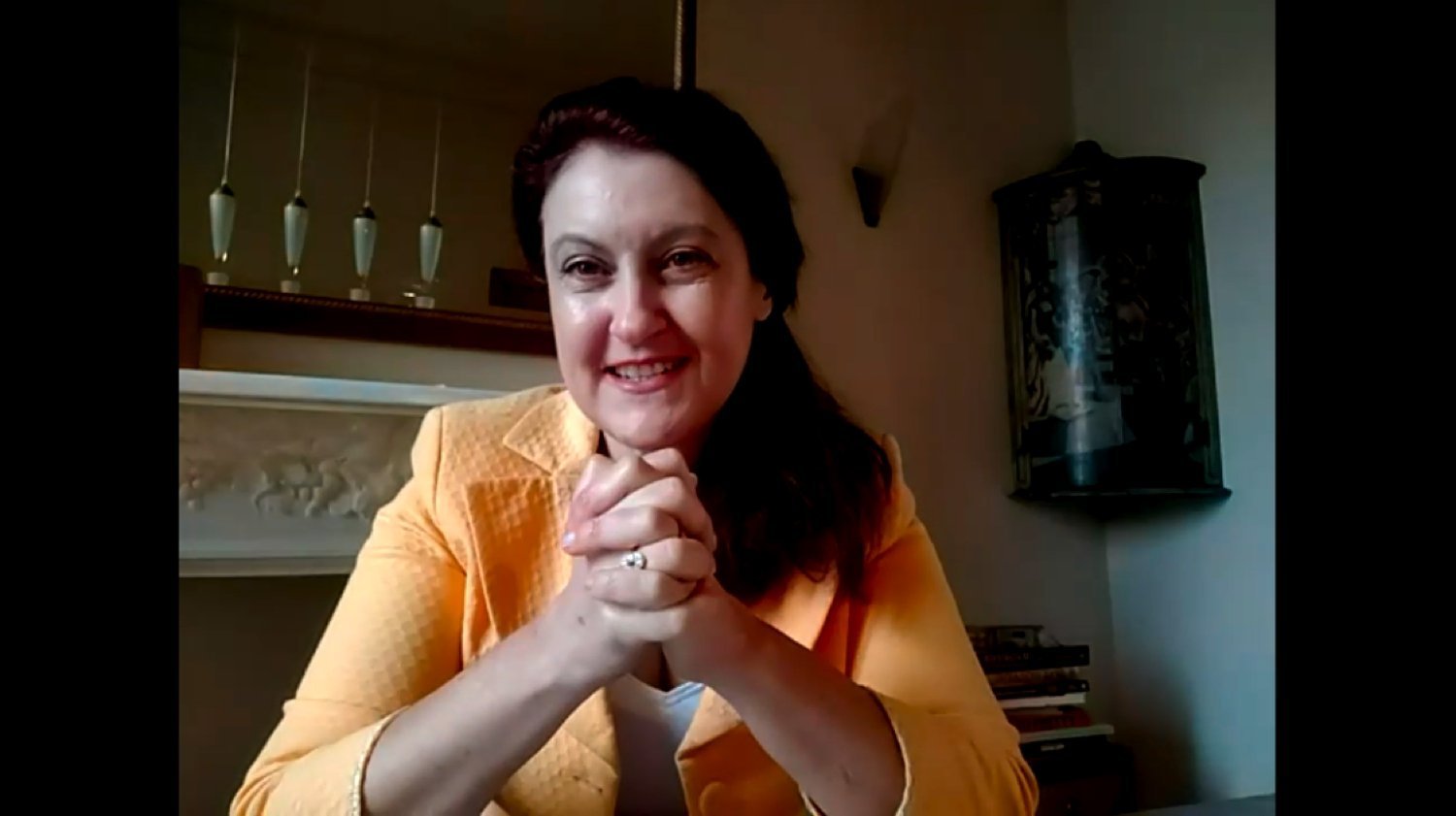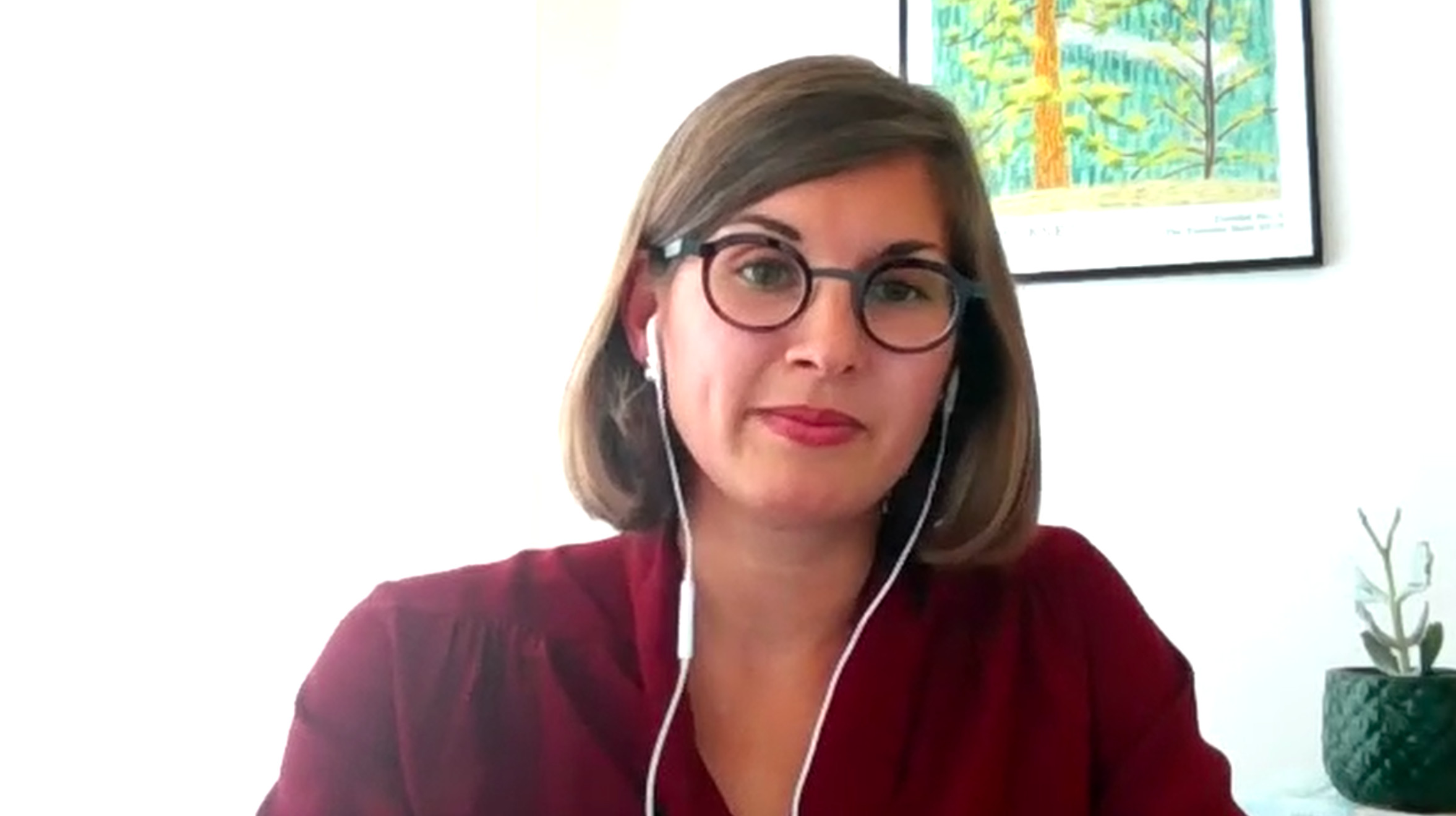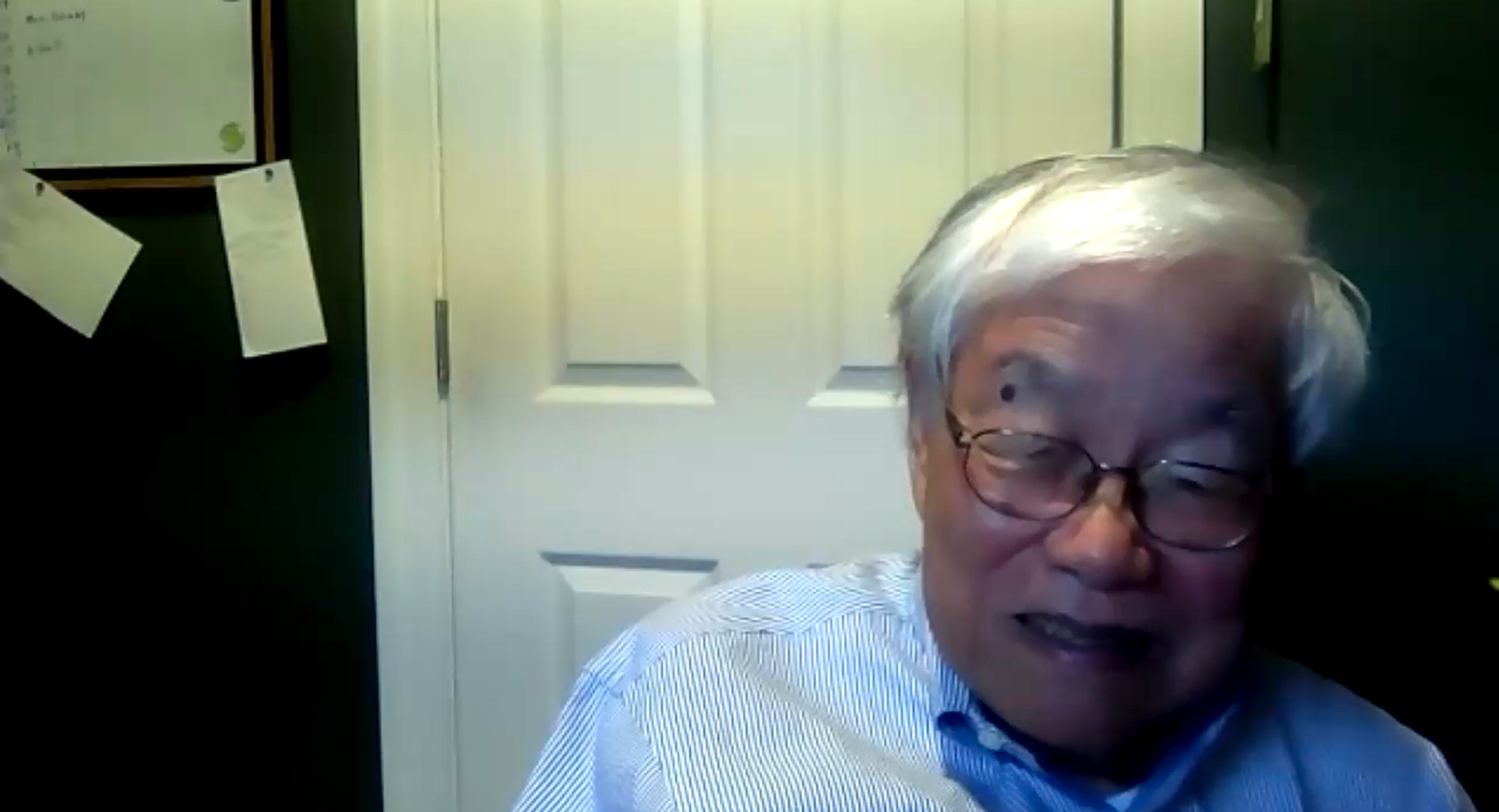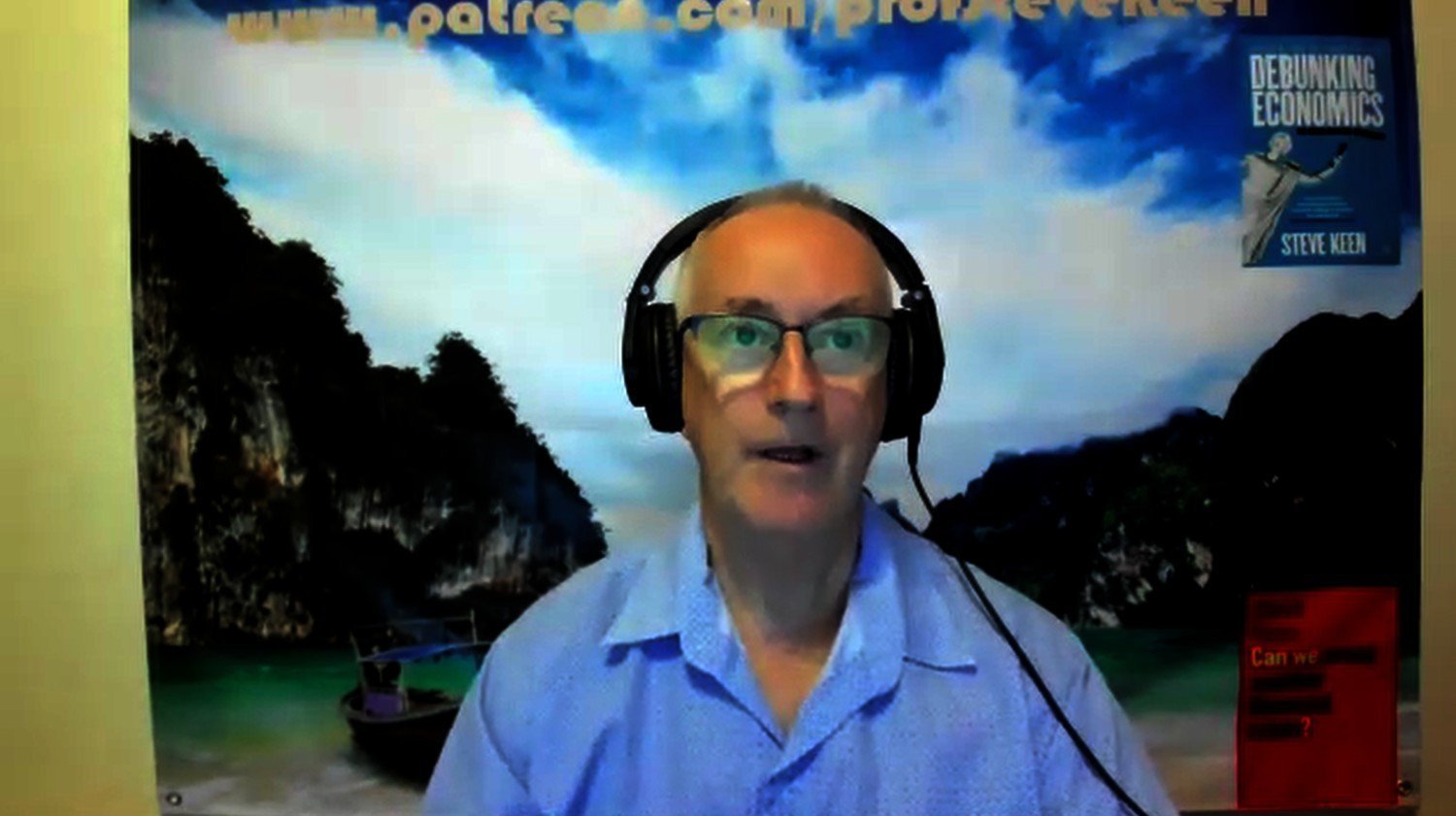Arunma Oteh
Nigerian. Economist, Former Treasurer and a Vice President of the World Bank
1. Why does economics matter?
I don’t know where the world would be without economics. My personal experience throughout my entire 34 year career in finance and capital markets is that I’ve relied on economics to understand and carry out my duties. Indeed, I believe that economics is everyone’s business, as we all invariably are affected by economic policies. And in one way or the other, I influenced or influence economic decisions. Economics indeed matters because it enables us to measure all aspects of the well-being of society using what I consider a common standard, especially because I do believe - like it’s often said - that it is difficult to manage what you can’t measure.
I also feel that economics breaks down the complexities of business and society into numbers and concepts that enables an understanding of how scarce resources are hopefully efficiently deployed for the good of society. I believe it helps us ensure the welfare of individuals, of companies, of nations and society. And as I said earlier, it is a common basis for understanding how economic agents thrive and what are the opportunities to support them to even do better in the future. Economics as a social science uses scientific methods to understand how these scarce resources are allocated by individuals, businesses, governments or nations, and it also focuses on the behaviors and interactions of these economic agents.
It is therefore important that at every level and as a study because it impacts our decision making, it provides information and analysis of data and modelling, provides options for tackling problems, and sheds light on risks and opportunities. For organizations, it helps a better understanding of consumers, especially providing often very useful frameworks for understanding consumer behavior. For nations and international business, understanding interactions of consumers, in my view, provides useful insights that can be used in decision making at the micro level, at the macro level, across borders. So indeed, economics does matter.
2. What are the differences between economic science (academic economics) and economic engineering (policymaking)?
Interesting question. I think academic economics provides the intellectual foundation for economics while policymaking demonstrates how economics is applied in everyday life. So in other words, academic economics is the lab, or economics in the lab, while policymaking is economics in real life. You can simulate the environment in a lab setting for certain factors and apply the same risk variables, using the “all else being equal” principle as economists love to say, which allows one to determine more effectively cause and effect. A real life situation cannot control the other mechanisms, but isolating them to study possible effect allows one to determine ways, or more effective ways of achieving desired outcomes.
I’ve probably been more focused on policy making, and I think you called it economic engineering.
3. What role does economics play in society? Does it serve the common good?
I do think it serves the common good, it helps us measure where society is on various issues, it enables us to assess and monitor progress, and it enables us to compare nations, businesses and individuals on a common basis. So, yes, it does.
4. Economics provides answers to problems related to markets, efficiency, profits, consumption and economic growth. Does economics do a good job in addressing the other issues people care about: climate change and the wider environment, the role of technology in society, issues of race and class, pandemics, etc.?
Not quite, but I do believe that it can still play an important role and actually has begun to play that role in helping society to make progress on those important global challenges that you mentioned, whether climate change, poverty, inequalities, the impact of technology, pandemics, as well as racial and class issues.
I say this because it gives us a common framework for understanding issues and addressing gaps, cause and effect, as well as cost-benefit analysis are also useful concepts in this regard. These global challenges can be incorporated - and we can see some work already being done - into the concepts of markets and profits. They can help us redefine what success means so that it is not just taking account of profits, but taking account of what value you bring to all stakeholders while netting out what you take away from society. So that thinking around how to think about these global challenges which are here with us is something that I think economics has the capacity to contribute enormously to. I think we need to develop tools that will provide a more comprehensive perspective on value creation as well.
We’ve seen work that’s been done in development finance, there’s a greater understanding of developing economies today than in the past. And for me, I think society’s context always influences economics. So if we go back to September 1970 when Milton Friedman authored his seminal piece about the importance of focusing on shareholder returns as a purpose of the corporation. We’ll see that for the next 50 years, up until the last few years, maximizing profit and shareholder returns shaped economics 50 years on.
There’s now a new contract, there are various developments that are fueling what I consider a shift to a more comprehensive view of how value is created or destroyed. The multi-stakeholder approach, not just focusing on the shareholder but on the employee, on the customer, on the community and other stakeholders. And academics like Professor Colin Mayer here at Saïd Business School, University of Oxford, and Rebecca Henderson at Harvard Business School have been providing thought leadership on this shift from a focus on shareholder returns to a multi-stakeholder approach.
I would add that asset managers and business leaders are also pivoting to a more comprehensive definition of the role of a corporation. And this is extremely important. I think that these trends will help foster the development of economic tools that address these economic challenges. So measuring sustainability, shifting from short-termism to long term thinking, measuring complex issues such as climate change will require new economic tools. So I think we’re at the beginning of that journey and I see a lot of interest, and that because of societal interest and that context, we’re going to see more adequate economic tools be developed to support this thinking.
5. As we live in an age of economics and economists – in which economic developments feature prominently in our lives and economists have major influence over a wide range of policy and people – should economists be held accountable for their advice?
Absolutely. I think everyone should be held accountable for their advice, but I think particularly that holding economists accountable for their advice would improve the quality of the advice that’s given. It will also encourage society, and particularly economists, to be rigorous in developing their analysis and postulations. Society will benefit from reviewing what went wrong and how to improve the quality of decision making. Given how so important economics is to our lives, I do think that accountability is important.
It’s in the same way that medical doctors have to deal with life or death issues, I think issues of economics are life or death issues for individuals, for society, for organizations. Absolutely. And I’m sure that most economists will be fine with being held accountable for their views.
6. Does economics explain Capitalism? How would you define Capitalism?
I believe that the study of economics will not be complete without delving into capitalism, which is one way to deploy the factors of production. I also don’t believe that capitalism can exist without economics.
You’ve asked that I define capitalism. The most common definitions are that capitalism is an economic system that is characterized by free markets, private ownership of property (or in economic terms, private control of the factors of production), competition and, of course, profit motive for producers. This is contrasted by a social system where the means of production are either centrally controlled or usually state owned. However, every country, in my view, has a mix of capitalism and socialism.
Indeed, capitalism is on one end of the economic system continuum or spectrum and socialism is on the other end. Nations are different points on the continuum and could move from one point to the other depending on the ideology of the political leadership and the circumstances of the day. Since last year there’s been, in my view, a shift towards socialism as nations unfold, particularly the advanced nations, huge stimulus packages and provide all forms of support to their citizens and to their businesses in response to COVID-19.
In fact, I think the limit to the extent of stimulus package has has corresponded to the extent of fiscal capacity that nations have. So of course, as of the end of last year, 80 percent of the stimulus packages where by advanced nations and 20 percent from emerging and developing economies. But I think that there’s more pivot towards socialism per say in response to COVID-19.
7. No human system to date has so far been able to endure indefinitely - not ancient Egypt or Rome, not Feudal China or Europe, not the USSR. What about global Capitalism: can it survive in its current form?
I’m not sure that we can even say that global capitalism tomorrow is equivalent to what we’ve seen today or what we’ve seen in the last few years. I think it’s already evolving and that it’s leveraging modern tools to respond to the context of society and to make it fit for purpose.
I believe there’s a confluence of factors that’s driving this evolution. First, I believe there’s a greater awareness of the need to tackle the dangerous impacts of climate change and other global challenges with a sense of urgency. Second, there’s a greater alignment among nations and between the private sector and the public sector. So take for example the UN Sustainable Development Goals that was agreed in September 2015 and the Paris Agreement on climate change that was agreed in December 2015.
I believe this has fostered alignment, as many nations have basically adopted this as a framework to move forward. But I think that has also enabled the laying down of a strong foundation for rethinking global capitalism and ensuring that it’s more relevant to the issues that are important to society today. I would also say that there are various initiatives, many coming from the private sector - so the World Economic Forum and the International Business Council, the US Business Roundtable with 180 CEOs coming together, and most of these initiatives having membership of the most influential and largest companies in the world, that’s also creating attention and understanding of why the shift is important.
I would say that investors are calling the shots. They want to do well, but they also want to do good, I call it the “do good and do well.” So we’re seeing a lot of acceleration in environmental, social and governance related investing. Indeed, I think it was late last year, the Pensions and Investments Journal estimated that such investing had tripled in 2020 compared to 2019. It could also be that COVID-19 has made everybody a bit more compassionate and more empathic. But for me, the one that I find most crucial is that young people who are gradually taking over the reins in different sectors of an economy are becoming increasingly vocal and demanding about their expectations and the type of society that they want to inherit. One is the example that everybody has seen is the now many young climate activists who are shaping the conversations on the global climate agenda. Others are voting with their feet, they’re not joining companies that they feel are not focused on those global issues.
They’re not buying from those companies, they’re basically making decisions and and some of them that are at least 18 and up are not supporting leaders who are not focused on their ideals. So they’re making decisions on the basis of their ideals and beliefs. In the US, for example, I was told that there’s about 32 trillion dollars of investable assets in the near future that will be handed over to young people. And if that’s the case, they will be making those decisions as to where the money gets deployed.
And so what we’re seeing is that there are businesses, other stakeholders are really thinking about this, not because they want to be charitable but because it makes business sense to focus on the things that society thinks are important. So let me stop there. But global capitalism is evolving, and I think that the next few years will shape its direction.
8. Is Capitalism, or whatever we should call the current system, the best one to serve the needs of humanity, or can we imagine another one?
OK, this is my favorite question, I think. Actually I like each of the questions, but I like my answer here.
So as you know, Winston Churchill’s famous quote from over 70 years ago, what he said about democracy. He said, “Many forms of government have been tried and will be tried in this world of sin and war. No one pretends that democracy is perfect or wise. Indeed, it’s been said that democracy is the worst form of government except for all those reforms that have been tried from time to time.” So let me leverage Winston Churchill’s famous quote on democracy and respond to your question by saying various political and economic systems have been tried, including capitalism, communism and socialism.
No one pretends that capitalism is perfect or all wise. Indeed, some people may feel that capitalism is the worst system except for all those other forms that have been tried before. In recent times, there’s been what I consider a shift to the center and away from ideological views, or maybe I should say shift to more pragmatic views rather than ideological views on the left or the right. And I think an example of that is present before us is the COVID-19 pandemic response.
I think there’s greater interest and more pragmatic approaches that are responsive to the needs of the day. My view is that we must make more visible progress in respect of a fairer and more equitable capitalism that works for all, especially the poorer and the weaker citizens of the world. I do believe that we have one human race, one race, the human race. I believe that no one benefits when anyone is in distress. So if we don’t have capitalism that works for all and addresses all the various forms of inequalities, we will neither have prosperous citizens nor have a safe and peaceful planet.
Indeed, everyone will lose when there’s a real opportunity for everyone to gain. We see signs of this everywhere: social discontent in advanced nations and poor countries. The reason, in my view for this, is insufficient attention on building an economic system that works for all, within nations and across nations. I do believe that if we’re serious about leveraging economics, leveraging capitalism to address societal ills, we must think about reshaping those two concepts so that they address the concepts, they address the issues of our time.
Thank you.






